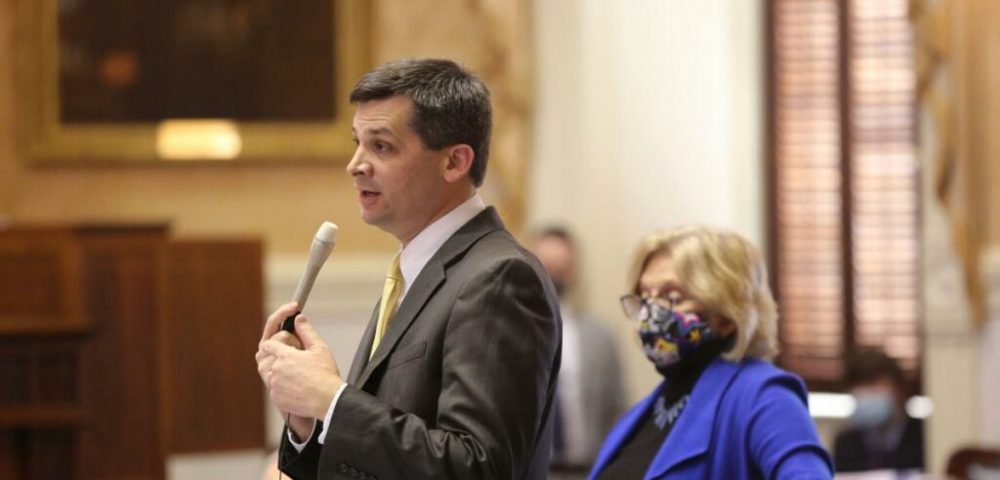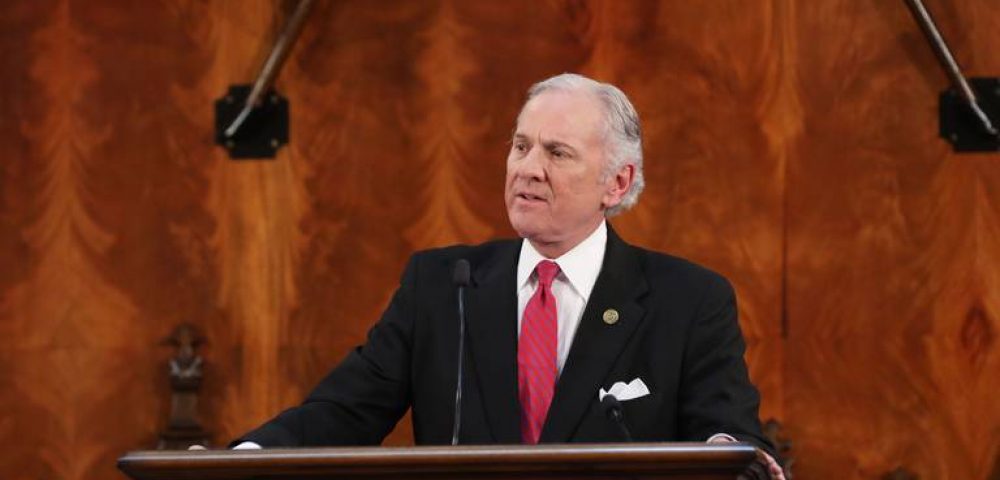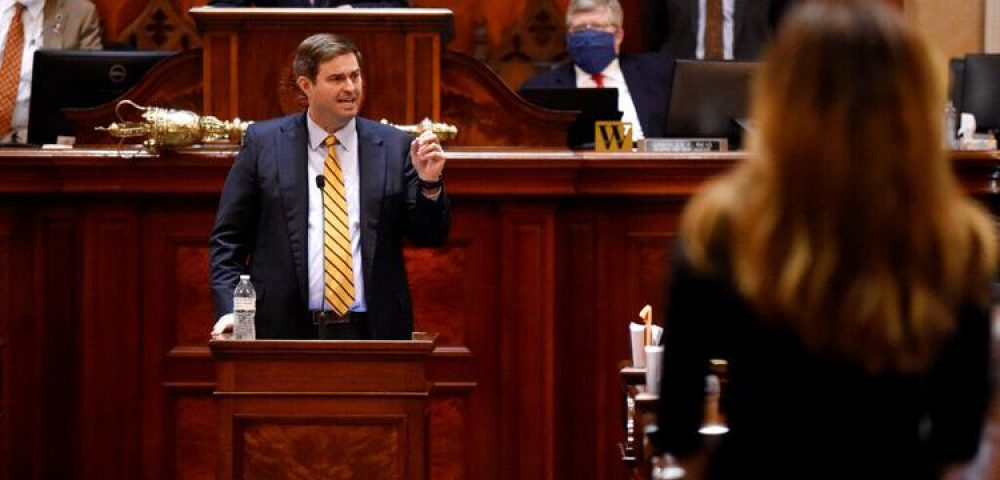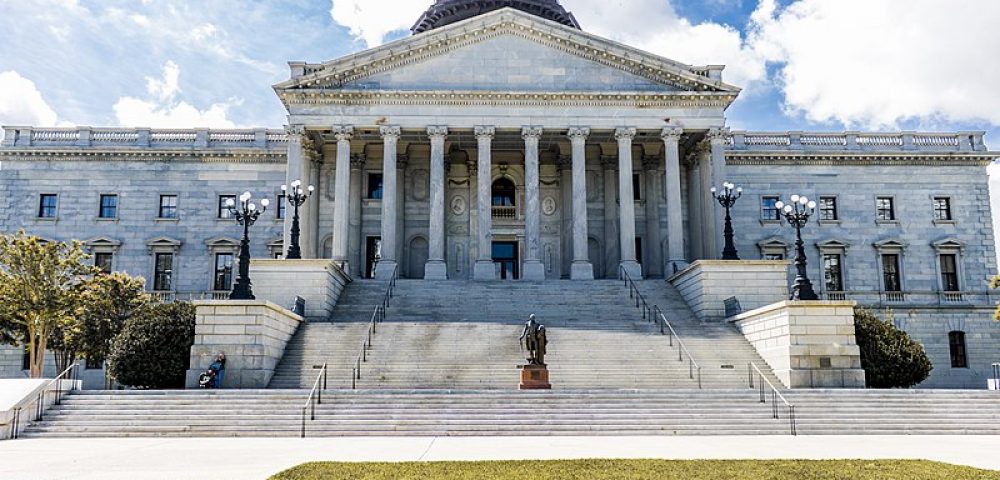Over the past year, we’ve all had to adapt to new norms because of the pandemic. When we were told to stay at home to slow the spread of COVID, we banded together as a country and did so. With so many people unable to leave their homes and travel to their local stores to purchase essential products, our country turned to online shopping.
Online shopping isn’t going anywhere either, as e-commerce sales are expected to grow even after the pandemic reaches an end. With this major uptick in online ordering comes a heightened need for U.S. cargo carriers. From delivering masks, hand sanitizer, and critical vaccines to food and clothes, cargo carriers helped maintain supply chains and our economy in a time when we saw countless businesses forced into closure.
Online retailers rely heavily on freight delivery carriers such as FedEx, UPS, and a number of other surface transportation companies to get the American people what they need. Nearly 70 percent of the freight moved each year in the U.S. is transported by truck. With the U.S. heavily dependent on freight trucks for shipping, it’s important that our country’s transportation system and trucks are positioned to match up with increasing cargo and demands for capacity.
To further stimulate economic recovery from the pandemic, delivery trucks need to be able to carry cargo at maximum capacity. However, the solution of a modest length increase in freight trailers continues to be thwarted by a 40-year old regulation that limits tandem truck trailers to be 28-feet in length. It’s hard to believe that our country’s transportation system is still held back by a regulation enacted before the emergence of the internet, e-commerce and cell phones, and it’s time to modernize regulations to meet our current needs.
Though 20 states currently allow twin-33 trailers, the trailers are banned from crossing state lines which hinders a huge amount of interstate commerce. According to Americans for Modern Transportation, “studies have shown that twin 33’ trailers can move the same amount of freight with 18% fewer truck trips, reducing the congestion and allowing consumers and businesses to realize the $2.8 billion annually in lower shipping costs with quicker delivery times.”
The federal law limiting twin trailers to 28’ in length directly holds back South Carolina’s economy, as we are missing out on a chance to more rapidly push out our goods, especially given that our top export is transportation equipment. As South Carolina continues to grow as one of the largest state exporters, experiencing a 74% growth in state exports between 2008 and 2018, our state needs to set itself up for even more growth in the next 10 years. Our people rely on the success of our exports as well, and in 2016 alone South Carolina exports supported over 157,000 jobs.
Additionally, if we were able to add a mere five feet to our trailers, the results would not only benefit our economy, but also our environment. The adoption of 33-foot twin trailers, commonly known as twin-33s, would save hundreds of millions of gallons in fuel, significantly lower carbon emissions, and lead to fewer trips on the road. Twin-33 trailers increase the capacity of each truck trip by more than 18 percent over the current twin-28’ configuration, and their efficiency and sustainability would help ensure economic and environmental success for our state and country.
As our country climbs out of the pandemic, our cargo carriers should not be hindered by decades-old regulations. We need our lawmakers to remove these regulations in order to add desperately needed capacity to our transportation system and help fuel our economic recovery. House Transportation and Infrastructure Committee and Congresswoman Nancy Mace (R-SC) needs to recognize this issue and fight for our economy, our environment, and the South Carolina businesses and consumers who depend on efficient truck transportation and supply chains. It is time for our country and industry to move forward.






